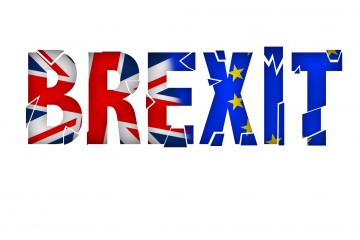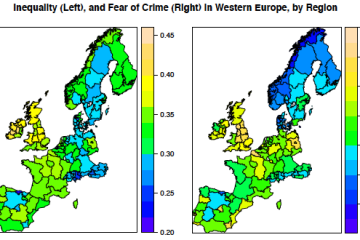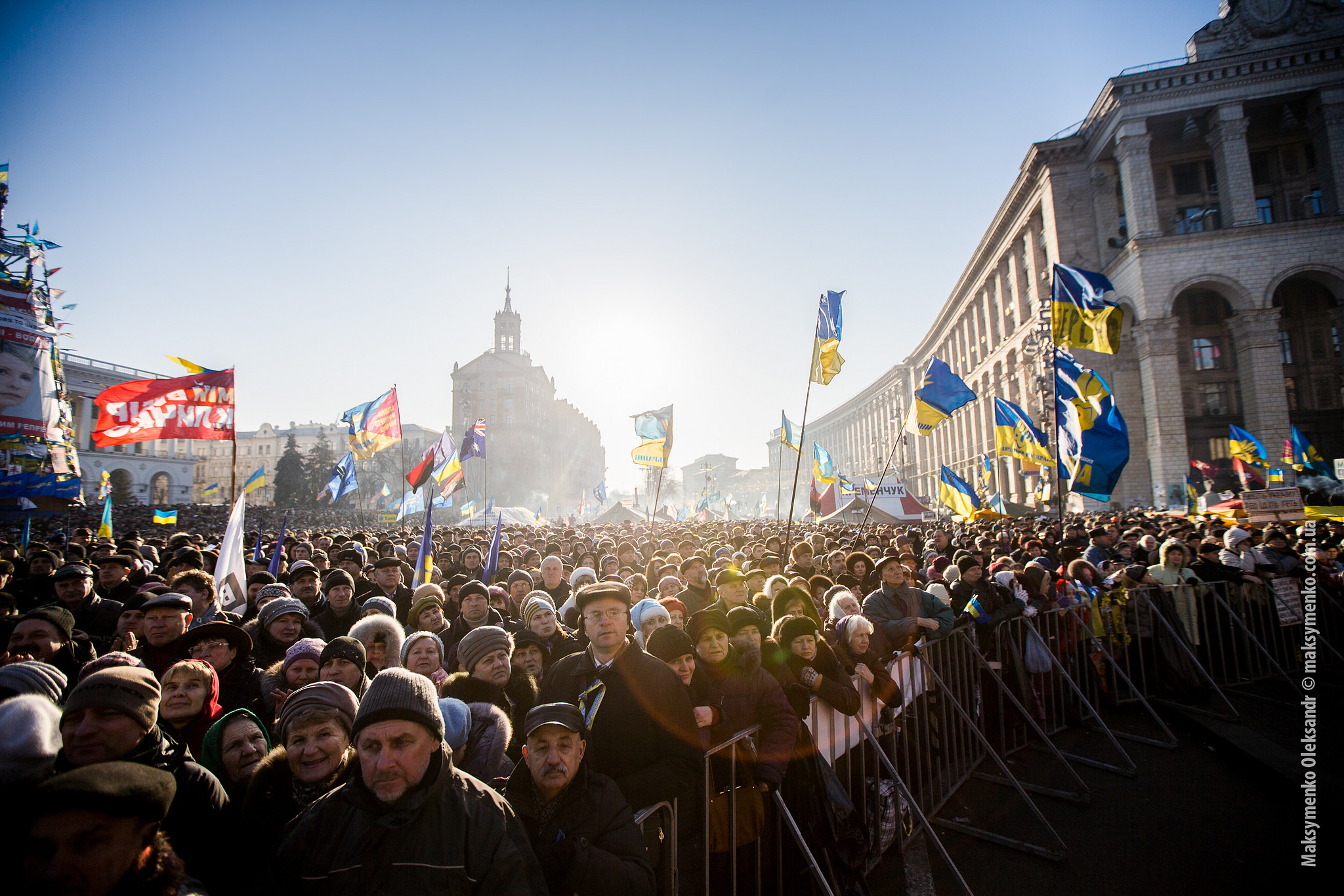
Brexit Buyers’ Remorse? Non, on ne bregrette rien
The vote to leave the EU was an outcome which surprised most commentators, bookies, and even those who voted for the winning side. In the aftermath of the result, John Gray, a popular political theorist, wrote that ‘voters inflicted the biggest shock on the establishment since Churchill was ousted in 1945’. It is hard to think that he is wrong. The only social classes which predominately voted Remain were ABs (affluent and middle-class voters), whereas C1 C2 DE (lower middle-class and working-class) voters all delivered majorities for Leave. As I predicted on this blog in January and contrary to many commentators’ expectations, the referendum engaged more voters than recent general elections. It generated the highest turnout in a UK election …

Post-Brexit wave of hate has laid bare the tensions and divisions in Britain
Following the vote to leave the European Union, there has been a sudden upsurge in racist incidents in Britain. The wave of hate has taken many people by surprise, and has laid bare some of the tensions and divisions eating away at the heart of the United Kingdom. It has also called into question Britain’s claim to be a liberal and inclusive multicultural society, leading to considerable soul searching. A state that has often spoken out against identity politics and prejudice abroad is now facing up to the reality that these issues need to be addressed back home. Predictably and understandably, much of the recent commentary as focussed on the divisive referendum campaign and the fact that the UK voted …

Brazil’s delicate foundations are falling apart like a house of cards
A cornered government, a legislative short of legitimacy, a contaminated judiciary and polarised protesters put Brazilian institutional balance to the test. Immoral deals, Machiavellian manoeuvres and outright dishonesty. No wonder comparisons between Brazilian politics and the American TV show House of Cards are tempting and widespread. Even Netflix made the connection to promote the release of its fourth series in Brazil. This clever marketing initiative prompted Maurício Santoro, a political scientist, to joke on Twitter that “Netflix is the only institution enjoying the trust and esteem of Brazilians these days.” But Brazil’s plight is not fiction, and the quip accompanies a concerning realisation. For some time, even in the face of turmoil and economic meltdown, it was possible to believe …

Have the mass media fuelled Brazil’s turmoil?
As any country with a minimally functioning democracy, Brazil has an ambivalent relationship with its mass media. And as in all countries with a minimally functioning market economy, Brazilian mass media have been disrupted by personalised digital platforms. Understanding To two elements, and how they became entangled, is essential if we are to grasp the role of the media in the social turmoil that has engulfed Brazil in the past year or so.
But in spite of their deep flaws, newspapers and broadcasters cannot be blamed for the toxic political environment that has taken over the country.

Experimenting with citizens’ assemblies in the UK
In October and November, two citizens’ assemblies will be taking place in Sheffield and Southampton. Organised by a coalition of academics and civil society organisations under the banner Democracy Matters, Assembly North and Assembly South represent significant interventions in contemporary British politics. First, the assemblies will be dealing with a fundamental constitutional question: how should we be governed? The main focus of the assemblies will be devolution and decentralisation of power to English regions. The Devolution Deals that are current government policy are piecemeal reforms. And as the term ‘Deal’ suggests, they are stitched together by local and national elites: citizens have had no say in how they should be governed. Following the much publicised Devolution Deal for Greater Manchester, …

Greece has become the EU’s third protectorate
The EU looks, walks and talks like an empire. After extending its borders into Central and Eastern Europe, the EU has just created its third protectorate in the Balkans. From now on Greece will effectively be run by the EU the way Kosovo and Bosnia-Herzegovina already are. Empire is not a synonym of evil despite some bad historical connotations, especially from the colonial era. Power can be exercised in noble ways, and peripheries often prefer to be “conquered” than abandoned. However, the EU’s ambition to run dysfunctional countries by decree is doomed to fail and will represent yet another blow to the project of European integration. Formal involvement of the UN or the IMF in running the protectorates will not …

The externalities of inequality: fear of crime and preferences for redistribution in Western Europe
The forthcoming article in the American Journal of Political Science “The Externalities of Inequality: Fear of Crime and Preferences for Redistribution in Western Europe” by David Rueda and Daniel Stegmueller is summarized by the authors here: Many politicians would agree that an individual’s relative income (i.e., whether she is rich or poor) affects her political behavior. Income differentials and the increase in inequality experienced in the recent past have become an important part of electoral politics in most industrialized democracies. If income matters to individual political behavior, it seems reasonable to assume that it does so through its influence on individual preferences for redistribution. The relationship between income inequality and redistribution preferences, however, is a hotly contested topic in the comparative political economy literature …

The fatalistic predicament of Ukraine
Bloody clashes in front of the Ukrainian Parliament have reminded us about the EU’s tormented neighbour. Ultra-nationalists were not successful in the last parliamentary elections, but the tragic situation in Donbas has allowed them thrive. At stake this time were planned changes to the Ukrainian Constitution that envisaged a territorial decentralization as stipulated by the Minsk Agreement. For Ukrainian radicals these changes “imposed” from outside amount to a partition of their country. Is Ukraine unravelling? I do not think so, but much depends on Europe. European leaders said many times that the future of Europe and Ukraine are entangled. The last thing they want is to have a huge failed state on their eastern border. This is why President Poroshenko …









